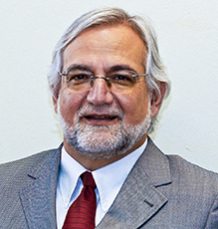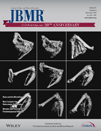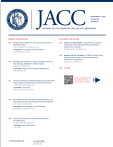 An investigation at the VTT Technical Research Centre of Finland has found no evidence of misconduct by one of its former researchers in a diabetes paper.
An investigation at the VTT Technical Research Centre of Finland has found no evidence of misconduct by one of its former researchers in a diabetes paper.
We previously reported on the case after the VTT was accused of cutting corners in a previous investigation into Matej Orešič (now based at the Steno Diabetes Center in Gentofte, Denmark). In 2014, the VTT concluded that there was no evidence of falsification or data tampering on the part of Orešič in the 2008 paper published in the Journal of Experimental Medicine (JEM). The proceedings came into the public domain through a news article published in the Finnish media outlet Helsingin Sanomat in February 2016, which prompted the VTT to reopen the case.
Now, the same people who questioned the previous investigation told us they have doubts about the latest conclusions, noting the probe should not have focused on a single paper, but rather on alleged problems within the plasma and serum metabolomics group, previously led by Orešič.
Orešič sent us this report, which the VTT released on June 15, outlining their decision. The VTT confirmed the legitimacy of the report, which says: Continue reading Finnish institute finds no evidence to support misconduct in diabetes paper
 The BMJ is not going to retract a 2015 article criticizing the expert report underlying the U.S. dietary guidelines, despite heavy backlash from readers, according to the author of the article.
The BMJ is not going to retract a 2015 article criticizing the expert report underlying the U.S. dietary guidelines, despite heavy backlash from readers, according to the author of the article.



 A researcher charged with embezzlement — and now the
A researcher charged with embezzlement — and now the 
 A bone researcher based in Japan
A bone researcher based in Japan 
